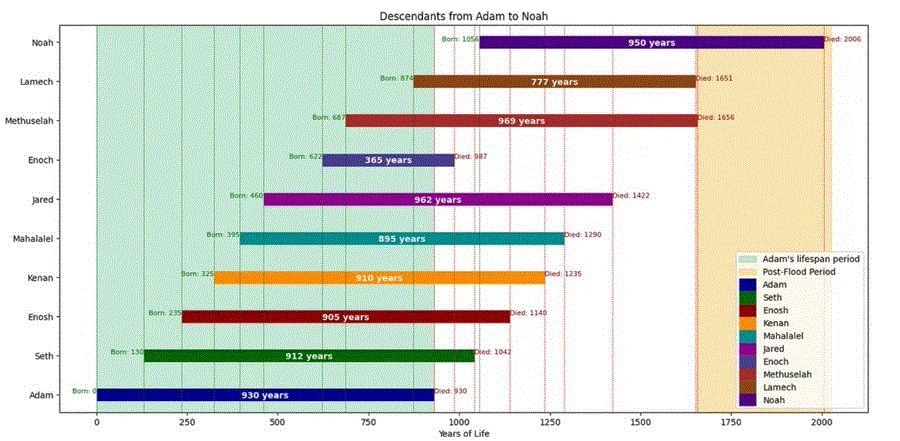This is the book of the generations of Adam. On the day when God created man, He made him in the likeness of God. He created them male and female, and He blessed them and named them “mankind” on the day when they were created.
Genesis 5:1-2 (NASB)
The genealogy in Genesis 5 lists men being born, having children, and dying.
“Where are the mothers?” one of my students asked me.
It’s a fascinating question. Why does the text highlight the men, and not the women? Perhaps it’s because nobody asks a woman if she is the legitimate parent. Everybody knows she is, whereas the men are suspect. A statement must be made and then trusted.
But for those who might wonder if the text simply favors men and disregards women, the first two verse ensure that we have men and women in view from the beginning. Male and female, in the likeness of God. All of us. None are ignored or forgotten.

